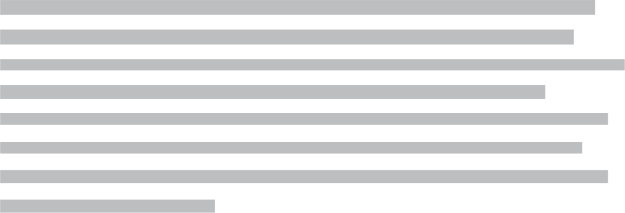All official European Union website addresses are in the europa.eu domain.
See all EU institutions and bodiesKey messages: Between 2005 and 2021, hexachlorobenzene national emissions to air declined by 49%. The decline was 53% for polychlorinated biphenyl; 43% for dioxins and furan; and 15% for polycyclic aromatic hydrocarbon.
Emissions of persistent organic air pollutants, EU-27, 2005–2021

Persistent organic pollutants (POPs) are substances that are persistent, bioaccumulative and toxic to human health and the environment. They are also prone to long-range transport (e.g. atmospheric transport) in the environment.
Between 2005 and 2021, emissions to air of hexachlorobenzene (HCB) decreased by 49%, polychlorinated biphenyls (PCBs) by 53%, dioxins and furans (PCDDs/PCDFs) by 43%, and polycyclic aromatic hydrocarbons (PAHs) by 15%. Targeted EU legislation, such as the POPs Regulation and the Industrial Emissions Directive, contributed to these substantial reductions. In particular, there was a notable decline in emissions observed in the following sectors: industrial processes and product use, energy production and distribution, and waste. However, the industrial processes and product use sector still remain a significant source of POPs. In 2021 the sector accounted for 51% of PCBs, almost 19% of dioxins and furans, and 13% of HCB emissions in the EU.
POPs are compounds which are of particular concern because they may be carcinogenic, and may also cause immunotoxicity, reproductive toxicity and endocrine disruption. Consequently, eliminating POPs is a key goal of environmental action at both the EU and international levels. This goal is further supported by the European Commission’s Chemicals Strategy for Sustainability; its aim is to replace substances of concern with safe and sustainable alternatives as far as possible while moving towards clean industrial processes.
Please consult the relevant indicators and signals below for a more comprehensive overview on the topic.
References and footnotes
- EU, 2019, Regulation (EU) 2019/1021 of the European Parliament and of the Council of 20 June 2019 on persistent organic pollutants (recast) (Text with EEA relevance) (OJ L 169, 25.6.2019, pp. 45-77).↵
- EU, 2010, Directive 2010/75/EU of the European Parliament and of the Council of 24 November 2010 on industrial emissions (integrated pollution prevention and control) (recast) (Text with EEA relevance) (OJ L 334, 17.12.2010, pp. 17-119).↵
- ↵EC, 2020, COMMUNICATION FROM THE COMMISSION TO THE EUROPEAN PARLIAMENT, THE COUNCIL, THE EUROPEAN ECONOMIC AND SOCIAL COMMITTEE AND THE COMMITTEE OF THE REGIONS Chemicals Strategy for Sustainability Towards a Toxic-Free Environment (https://eur-lex.europa.eu/legal-content/EN/TXT/?uri=CELEX:52020DC0667) accessed 26 April 2023.



